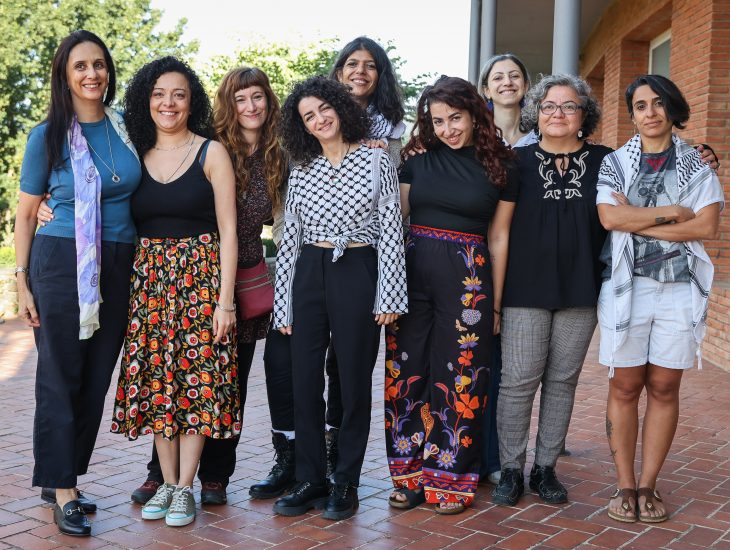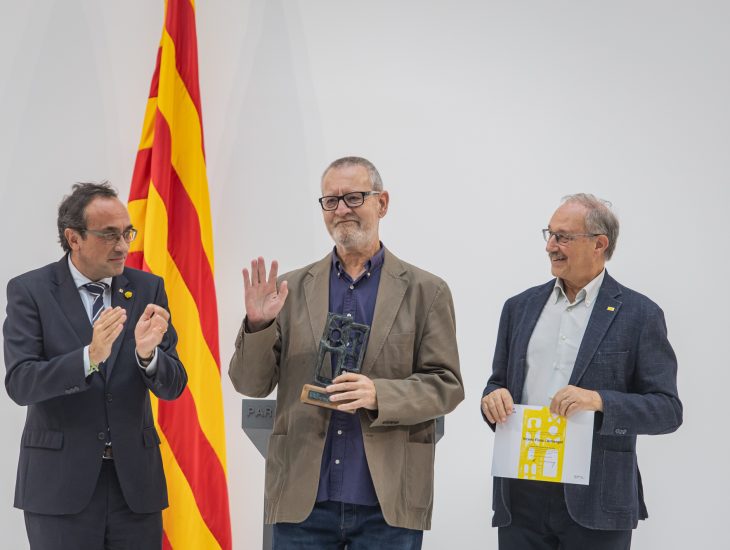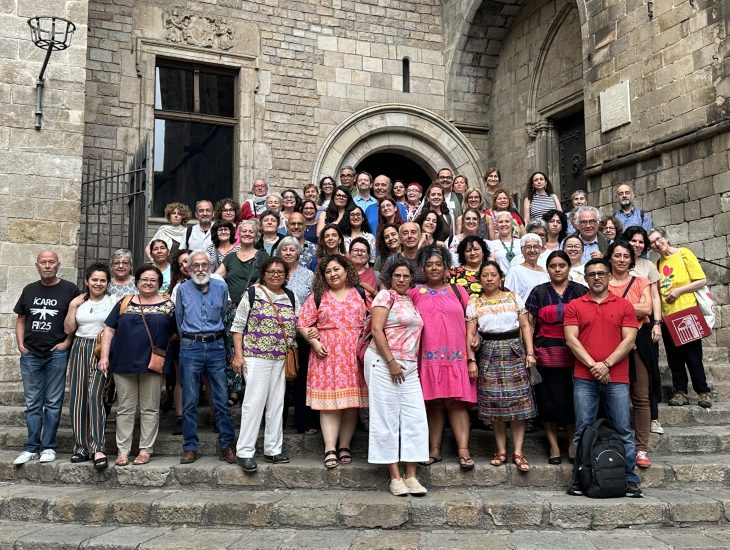The International Catalan Institute for Peace (ICIP) was created by the Parliament of Catalonia in 2007, as an independent public entity, in order to “promote a culture of peace in the society of Catalonia and at the international level,” according to Article 1 of the Law by which it was established.
Since July 2009, when it commenced its public activities, ICIP has carried out this objective both here and abroad, and has focused on peacebuilding based on three major components: a) tools of conflict analysis; b) activities and tools to favor dialog, consensus and peaceful and constructive conflict management; and c) efforts to activate, in a nonviolent manner, the collective action of societies. Democracy plays an essential role in all three components, in the inseparable dimensions on which it is based and is practiced in every society and state governed by the rule of law: deliberative, participatory and representative.
For all these reasons, ICIP feels bound to pronounce on the Right to Decide and its relationship with peacebuilding, once the Central Government has decided to challenge the new call for the process of November 9, now presented as a citizen participation process without any legal consequences.
The exercise of the Right to Decide has become a key element to ensure peace and coexistence in Catalonia, and ICIP wishes to state that:
1. Although the new challenge by the Spanish Government is a legal action justified by the “preservation of democracy and its guarantees,” it is a mistake and a fallacy. The call for the 9N process intends to allow a heterogeneous group of people to exercise their right to freedom of expression and demonstration, which every democracy should protect and promote, in order to express their opinion, based on local self-governance legislation and without any legal effect. This would provide an outlet to processes of collective action on the part of a significant majority of Catalan society. The challenge is a mistake because it prohibits, in the name of democracy, one of its key elements: participation and freedom of expression. And it is absurd to place the focus on the legal arena rather than on the political one since this aggravates a situation of conflict and distances us from dialog and the constructive search for solutions.
2. ICIP’s peacebuilding experience compels us to insist on the need to face conflicts, analyzing them and looking for political solutions through open dialog and the search for mutually acceptable solutions in the short, medium, and long term. Legal procedures and tools are the basis for results in negotiations, but they can never take the place of collective action in favor of the common good or political dialog between parties. When one party in a conflict considers itself to be a political actor, with significant social and parliamentary support, it must be accepted as one in order to ensure successful negotiations.
3. The consultation of Catalan society on its collective political future, understood as part of a deliberative process and with total respect for diversity and plurality, continues to be inevitable. It is and will be part of the solution to the conflict, and not part of the problem, as demonstrated by the immense majority of Catalan society that wishes to be consulted. It is therefore necessary to find a way to know what Catalan society wants regarding its collective political future, and it must be done by seeking, yet again, understanding and dialog in Catalonia and with the Central Government – and quickly. We have already reached the point in conflicts when the passage of time complicates, aggravates and polarizes, and is unlikely to help reach a peaceful and constructive solution.
4. On November 9, Catalan society will express its commitment to the Right to Decide and its rejection of prohibitions and the lack of negotiated solutions. ICIP, as part of Catalan society and as an institution, supports the 9N process.
5.The prospect of a formula that allows the citizenry of Catalonia to democratically state, with every guarantee, how they view their collective future compels us to recall that we must ensure, especially now, that the process continue to be peaceful, civic and unequivocally nonviolent, and with total respect for the right to diversity and freedom of expression of all opinions.
In this respect, we find it useful to recall a lucid reflection by Lluís Maria Xirinacs – a pacifist and pro-independence supporter at a time when both things were socially in the minority – which can help to avoid provocations: Fight against those who are strong when we are weak and against ourselves when we are strong.
4 November 2014
04.01.2014




